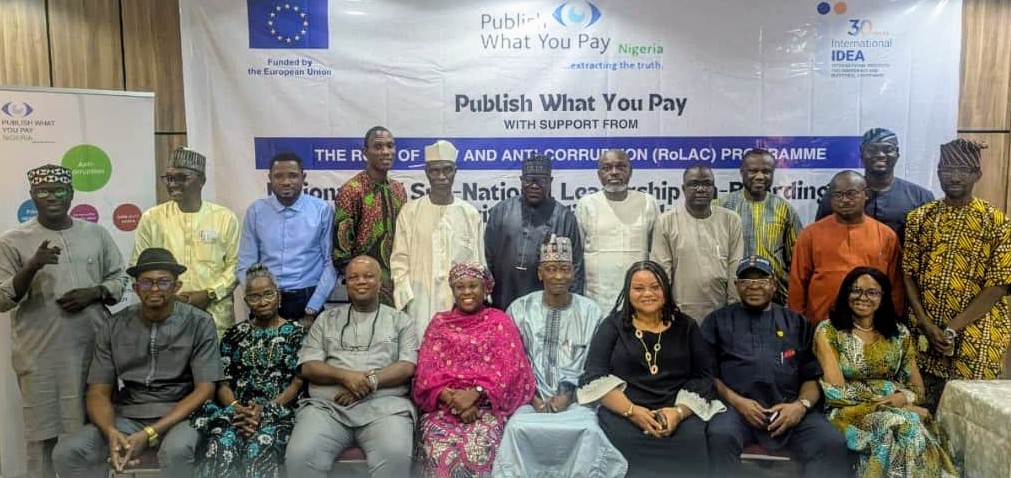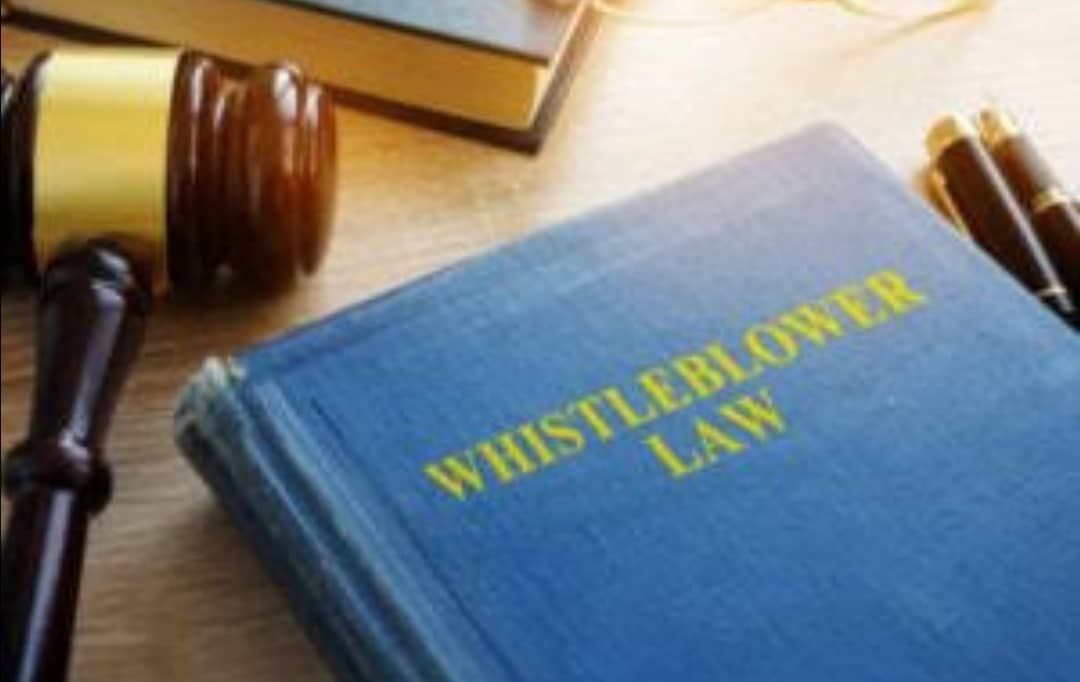CSO applauds progress, encourages continued transparency in natural resources governance
By Naomi Sharang
The civil society organisation Publish What You Pay (PWYP) Nigeria has commended ongoing efforts to improve governance in Nigeria’s extractive sector.
It acknowledged the progress made so far in promoting better oversight and management practices within the industry.
PWYP also called on all levels of government to continue strengthening transparency and accountability in the use of the country’s natural resource revenues.
The organisation emphasised that sustained commitment was essential to ensuring long-term benefits for citizens and communities.
This appeal was made by the National Coordinator of PWYP Nigeria, Dr Erisa Danladi, during a press conference in Abuja on Thursday.
Danladi acknowledged the challenges posed by global geopolitical developments, such as the war in Ukraine, but emphasised that these underscored the importance of sound, transparent resource management to ensure economic resilience.
She highlighted the Petroleum Industry Act (PIA), enacted in 2021, as a significant milestone in improving transparency and equity in the oil and gas sector.
She said that the legislation marked a major reform aimed at strengthening governance and accountability within the industry.
She particularly noted the Act’s provisions designed to ensure that host communities benefited meaningfully from extractive activities.
“These measures aim to promote social inclusion and address long-standing issues of marginalisation in oil-producing areas.
“As the PIA marks its fourth anniversary, PWYP sees this as a valuable opportunity to reinforce progress made in areas such as open contracting and beneficial ownership disclosure.”
Danladi lauded the Nigeria Upstream Petroleum Regulatory Commission (NUPRC) for successfully incorporating 137 Host Community Development Trusts (HCDTs) and encouraged efforts to complete the establishment of the remaining Trusts.
Reflecting on PWYP Nigeria’s journey since its founding in 2004, the same year Nigeria joined the global Extractive Industries Transparency Initiative (EITI), Danladi highlighted the organisation’s long-standing commitment to transparency and good governance in the extractive sector.
She celebrated PWYP’s contribution to major reforms, including the passage of the NEITI Act in 2007, which significantly improved public access to oil revenue data and marked a turning point in Nigeria’s efforts to promote accountability in resource management.
She reaffirmed PWYP’s dedication to promoting transparency, accountability, and inclusive governance in the natural resource and energy sectors, working constructively with stakeholders to support sustainable development and equitable growth.(NAN)
Edited by Abiemwense Moru





